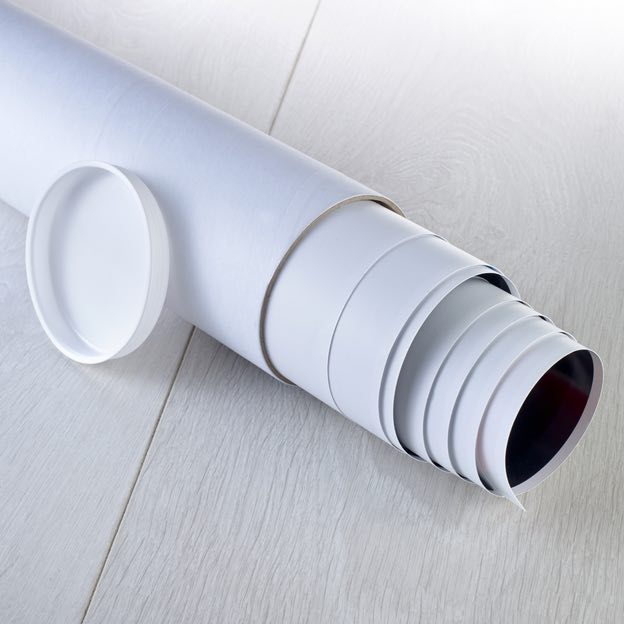
Marie Curie, Polish-born French physicist, with her daughters Eve and Irene, 1908
Image information
Sizing information
| Overall size (inc frame) | x cm ( x in) |
| Depth | cm (in) |
| Artwork | x cm ( x in) |
| Border (mount) |
cm
top/bottom
(in)
cm left/right (in) |
| The paper size of our wall art shipped from the US is sized to the nearest inch. | |

Our prints
We use a 200gsm fine art paper and premium branded inks to create the perfect reproduction.
Our expertise and use of high-quality materials means that our print colours are independently verified to last between 100 and 200 years.
Read more about our fine art prints.
Manufactured in the UK, the US and the EU
All products are created to order in our print factories around the globe, and we are the trusted printing partner of many high profile and respected art galleries and museums.
We are proud to have produced over 1 million prints for hundreds of thousands of customers.
Delivery & returns
We print everything to order so delivery times may vary but all unframed prints are despatched within 1–3 days.
Delivery to the UK, EU & US is free when you spend £75. Otherwise, delivery to the UK costs £5 for an unframed print of any size.
We will happily replace your order if everything isn’t 100% perfect.
Product images of Marie Curie, Polish-born French physicist, with her daughters Eve and Irene, 1908



Product details Marie Curie, Polish-born French physicist, with her daughters Eve and Irene, 1908
Marie Curie, Polish-born French physicist, with her daughters Eve and Irene, 1908
Marie Curie, Polish-born French physicist, with her daughters Eve and Irene, 1908. Marie Curie (1867-1934) and her husband Pierre continued the work on radioactivity started by Henri Becquerel. In 1898, they discovered two new elements, polonium and radium. Marie did most of the work of producing these elements, and to this day her notebooks are still too radioactive to use. She went on to become the first woman to be awarded a doctorate in France, and continued her work after Pierre's death in 1906. In 1903 the Curies shared the Nobel Prize for Physics with Becquerel. Marie won a second Nobel Prize, for chemistry, in 1911. Irene followed her parents into science, winning the Nobel Prize for Chemistry in 1935 for her work on the synthesis of new radioactive elements, while Eve became a journalist and author, writing a best-selling biography of her mother.
- Image ref: 1157713
- Oxford Science Archive / Heritage Images
Find related images
 zoom
zoom
















